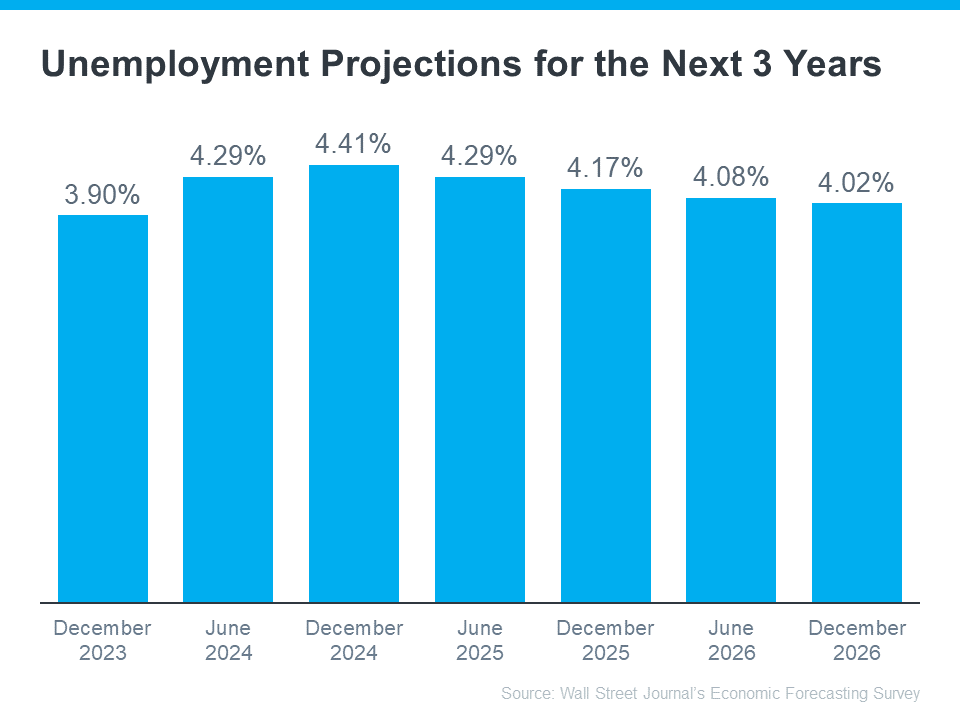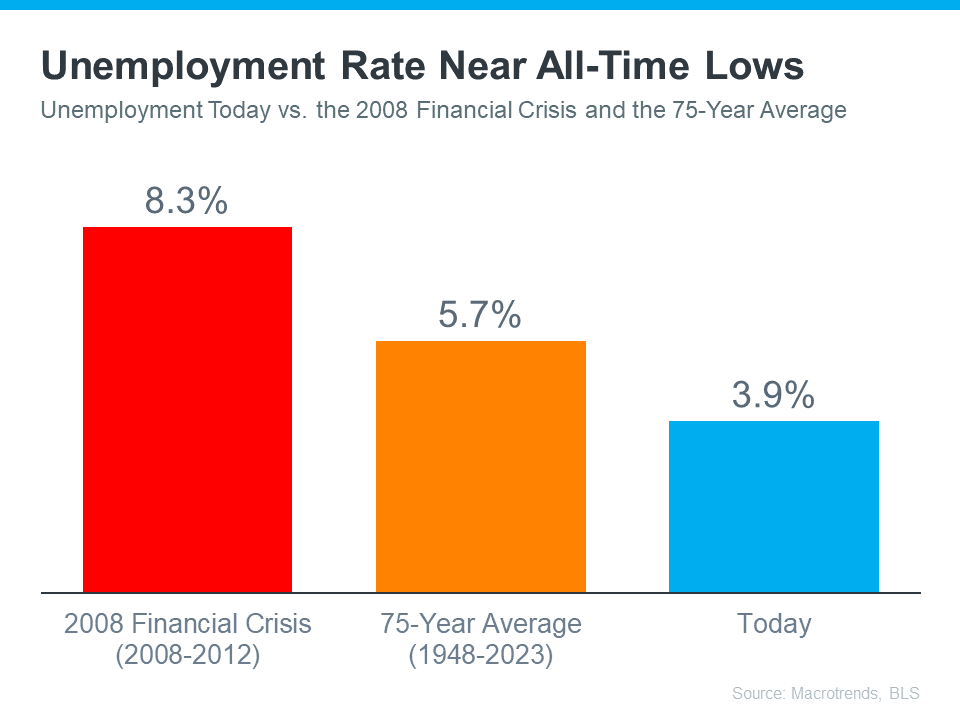Why the Economy Won’t Tank the Housing Market
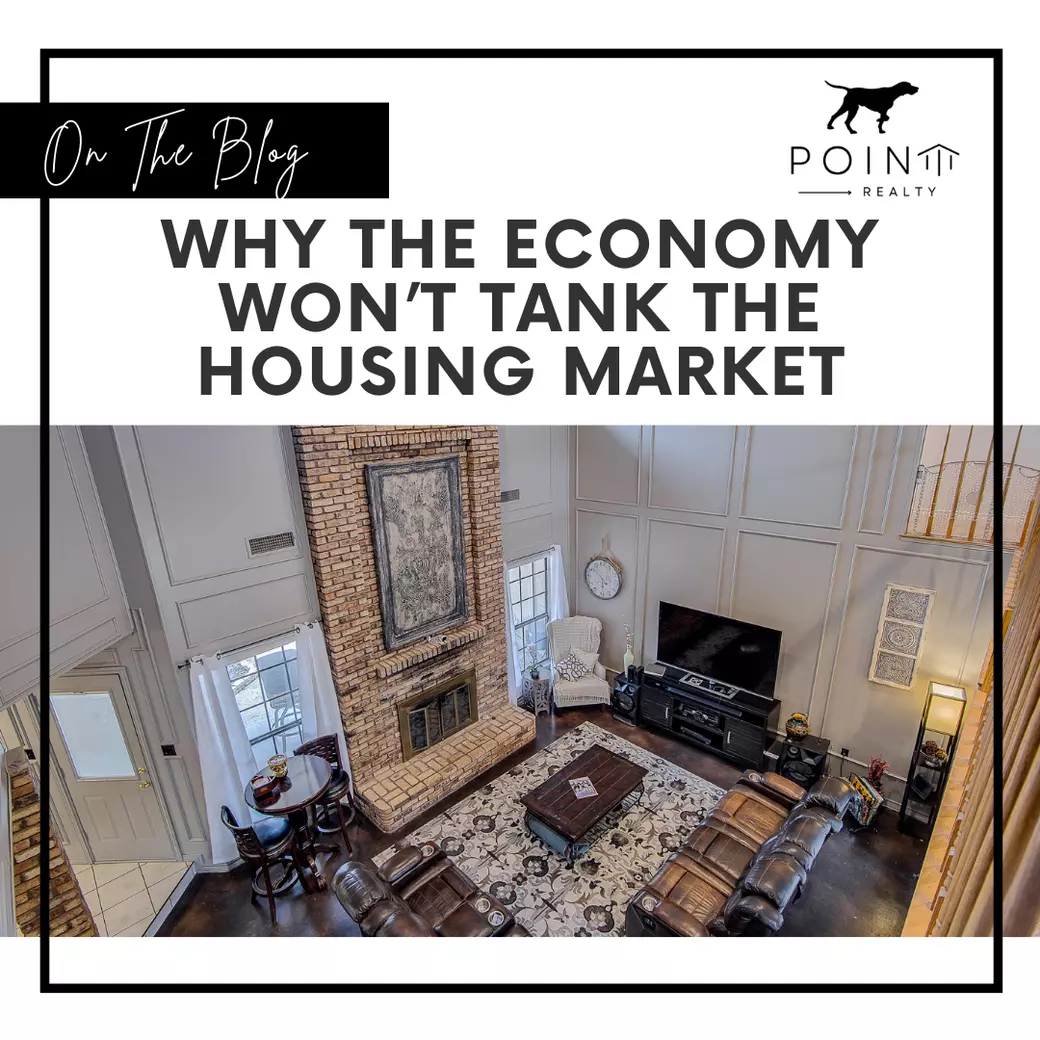
Why the Economy Won’t Tank the Housing Market
You're not the only one concerned about an upcoming recession. Recession discussions have been frequent in recent years, causing anxiety for many individuals who fear that it could lead to a dramatic increase in the unemployment rate. In fact, some even worry that a surge in unemployment would result in a wave of foreclosures similar to the situation experienced 15 years ago.
However, the latest Economic Forecasting Survey from the Wall Street Journal (WSJ) reveals that, for the first time in over a year, less than half (48%) of economists believe a recession will actually occur within the next year:
“Economists are turning optimistic on the U.S. economy . . . economists lowered the probability of a recession within the next year, from 54% on average in July to a more optimistic 48%. That is the first time they have put the probability below 50% since the middle of last year.”
If over half of the experts no longer expect a recession within the next year, you might naturally think those same experts also don’t expect the unemployment rate to jump way up – and you’d be right. The graph below uses data from that same WSJ survey to show exactly what the economists project for the unemployment rate over the next three years (see graph below):
If those expert projections are correct, more people will lose their jobs in the upcoming year. And job losses of any kind are devastating for those people and their loved ones.
However, the question here is: will there be enough job losses to cause a wave of foreclosures that will crash the housing market? Based on historical context from Macrotrends and the Bureau of Labor Statistics (BLS), the answer is no. That’s because the unemployment rate is currently near all-time lows (see graph below):
As the orange bar in the graph shows, the average unemployment rate dating back to 1948 is 5.7%. The red bar shows, the last time the housing market crashed, in the immediate aftermath of the 2008 financial crisis, the average unemployment rate was up to 8.3%. Both of those bars are much higher than the unemployment rate today (shown in the blue bar).
Moving forward, projections show the unemployment rate is likely to stay beneath the 75-year average. And that means we won’t see a wave of foreclosures that would severely impact the housing market.
Bottom Line
Most economists have revised their forecasts and no longer anticipate a recession within the next year. Consequently, they do not foresee a significant surge in the unemployment rate, which could trigger a wave of foreclosures and result in another housing market collapse. If you have any inquiries regarding the link between unemployment and its effects on the housing market, feel free to reach out and connect with me.
Categories
- All Blogs 342
- Arlington, TX 1
- build your home 32
- builders 17
- burleson 1
- buyers market 91
- buying a home 195
- closing costs 14
- Community 2
- condominiums 10
- credit 6
- Dallas 1
- dallas real estate 8
- DFW Lifestyle 2
- down payment 26
- downsizing 9
- finances 13
- first time home buyer 76
- for sale by owner 1
- Fort Worth 1
- Fort Worth real estate 3
- home affordability 65
- home equity 9
- home loan 75
- home ownership 118
- home price 59
- home tips 41
- home value 57
- housing market 123
- interest rates 49
- investment 16
- leasing 1
- listing agent 12
- Living in DFW 1
- Living In Texas 2
- local events 2
- lower interest rate 2
- luxury homes 1
- Mansfield real estate 4
- Mansfield, TX 2
- Midcities 1
- mortgage 67
- mortgage rates 50
- moving to Texas 1
- neighborhood news 1
- new construction 14
- new home 31
- owning a home 43
- preapproval 23
- pricing your home 41
- property management 2
- real estate 149
- real estate tips 124
- relocating 1
- relocating to Texas 1
- rental 1
- renting 6
- savings 10
- second home 18
- sellers 104
- selling your home 107
- senior living 14
- vacation home 1
- Veterans 2
- wealth 3
Recent Posts



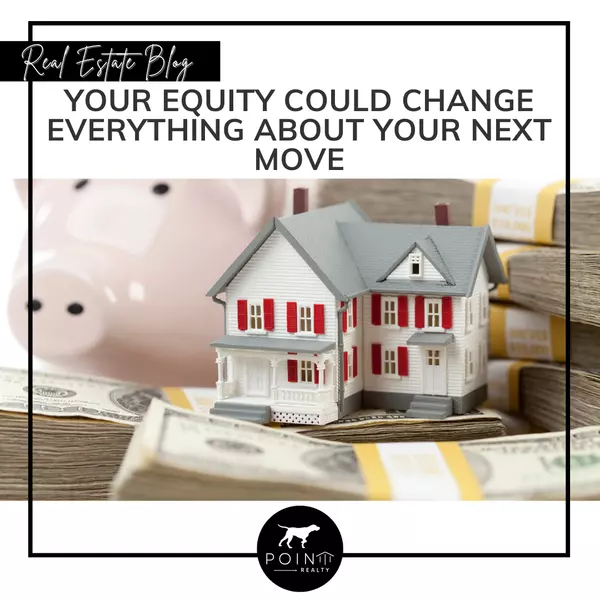



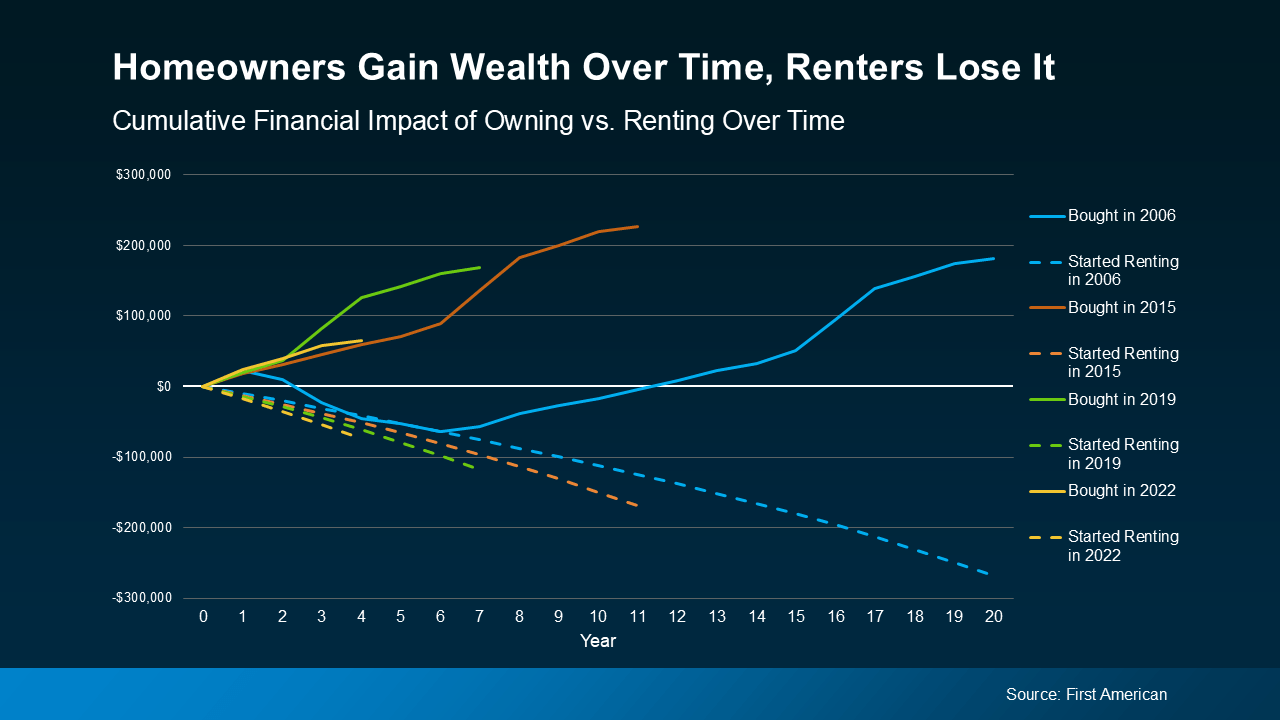


GET MORE INFORMATION



